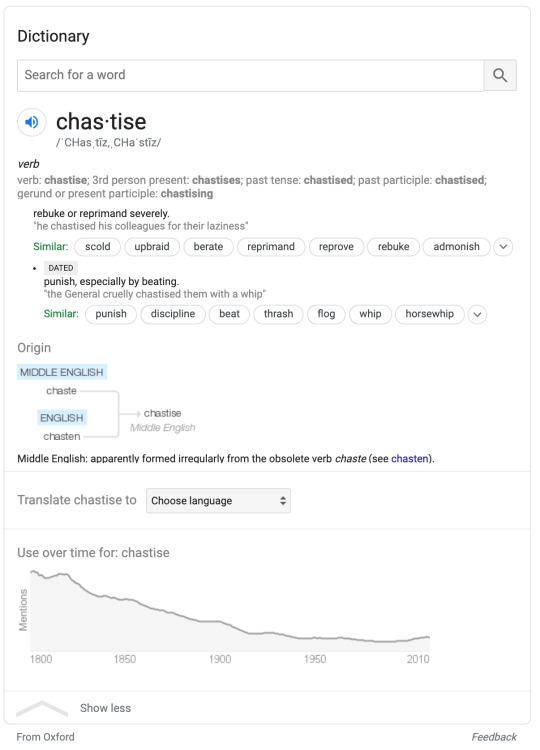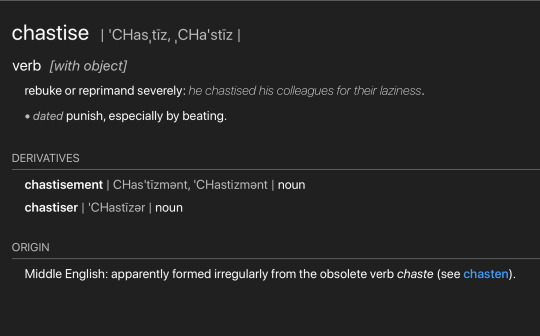#VisualFireworks
Explore tagged Tumblr posts
Photo


Happiness, Happy Hello Friends,
Today is May 17, 2020 starting at 7:00am but now 8:07am. I start my morning with an hour of scripture study. I try to find topics that come to mind that exist in the reality of my life in the present moment. I do the same for phrases, #VisualFireworks, #MoviesInMyMind, and other methods of consideration and spiritual learning.
I'm trying to find a resource library based around the Church of Jesus Christ of Latter-day Saints lexicons. I use Apple Dictionary on the Mac because its not online and I don’t have to leave the Mac to be able to find resources for questions and content I want to know about. Lately, I have been thinking a lot about trying to learn to understand and broaden my small vocabulary of words and phrases. This is one of the reasons that etymology, language, jargon, semantics, and what not’s are important to me. In the Standard Works of the Church of Jesus Christ of Latter-day Saints (commonly used books within the Church are known as the Holy Bible, the Book of Mormon, the Doctrine & Covenants, the Pearl of Great Price, and other prophetic words. There are going to be more Scriptures brought forth in the Last Days as recorded in the Book of Mormon https://www.churchofjesuschrist.org/study/scriptures/bofm/2-ne/29.13?lang=eng&clang=eng#p13)
As a member of the Church of Jesus Christ of Latter-day Saints, I think its important to not elevate my views upon the views of another whether or not my views may be more or less important than another. I believe its important to find truth, because truth in my opinion does elevate over other falsehoods (but that’s another topic for another day). With that in mind, I went to a very diverse school. The Art Institute of Seattle (which is no more as the school went bankruptcy). I learned to get along with a lot of viewpoints and world views that were not my own. I first went to Brigham Young University Idaho (they were Ricks College but changed the name the year I was there). I like to consider but I’m not very good with trying to sort through a lot of information, as processing it is challenging for me.
In the Holy Scriptures, today I was looking around the word ‘happy, happiness’ because I haven’t been feeling much happiness in my life. In the Church of Jesus Christ of Latter-day Saints, (we are not Mormons, the church of Mormon, nor the church of Joseph Smith, nor anything else of the sort. We just want to be called by our proper name, which includes the name of Jesus Christ within the foundation stone of our logo for the Church) we receive when we are spiritually ready (all determined by the individual and one’s parents) one receives their patriarchal blessing. A patriarchal blessing is known as a prophetic person revelations for that individual from God through the Holy Spirit, by the Priesthood, to a patriarch. They place their hands upon one’s head and receive instruction (that can be accepted or rejected) from the proper authority for the individual. With this said in my patriarchal blessing it says the sentence. “Now dear brother, your Father in Heaven is mindful of you. He knows you. He understands you. He wants you to be happy, and He wants you to be content.” I have often thought of those words many times over in my life. Why does Heavenly Father want me to be happy and why does He want me to be content? It has come to my attention over periods in my life, that I should ask God the Father how I can be happy and how I can be content. In my literal mind I started looking up definitions of the words, ‘happy’ and ‘content’ in secular and spiritual resources including the Holy Scriptures. I have done a lot of study regarding the word ‘content’ but with all my studying on and off, by not being consistent with the study, it hasn’t been a verbose study. I just started last night asking the Father in the name of Christ what does happiness mean. How is it different than what is told by big brother for us to know what it means online, let alone what it means to the Father. The the idea of happiness has led me on a study this morning that I couldn’t find what I was looking for so I wanted to write about it online and express how I was feeling. I was trying to find historical contexts online in dictionaries (definitions of words), lexicons (the vocabulary of a person, language, or branch of knowledge), etymologies (the study of the origin of words and the way in which their meanings have changed throughout history) and other jargon (special words or expressions that are used by a particular profession or group and are difficult for others to understand). Trying to sort through mainstream Christian lexicons, secular lexicons, and Latter-day Saint resources has been a challenge let alone trying to find them in a way that would be beneficial for my scripture study neither has more or less value to me, but I do favor those resources that I don’t have to weigh the value of truthful or less truthful. Like trying to weigh apples, bananas, and oranges by their flavors. Certain flavors i’m allergic to and others I favor more than others because that’s what my body likes or prefers. It kinda works the same way with my spirit inside my body, “What is it?” “It” is the way certain flavors relate to someone and not to another. My spirit (as an eternal being of Light) that is within my body, is reaching out to your Light through this blog post by letting one know that as one prefers different spiritual flavors than I do, not everyone is going to like apples, bananas, or oranges’ flavors.
I looked in the topical guide in LDS Scriptures (an app that is no longer giving support) but something I purchased a while back and I still use. I found a scripture related to ‘happy’ and ‘happiness’ in the Study Helps (capitalized because of their visual appeal as it shows online). https://www.churchofjesuschrist.org/study/scriptures?lang=eng
I was trying to find out about what “happiness” is in the scriptures; which has me in this rabbit hole in a hole and through another hole (kinda like the movie Inception). What does happiness mean to me? What does happiness mean to God? What does happiness mean to me versus the ancient times when Christ was upon the Earth? What does happiness mean to Christ when in ancient times before Christ during the Old Testament in Job’s era mean to him? How has the word changed over time? Are there any analytics that I could make let alone find. I found some analytical viewers and one especially from Google I love: https://books.google.com/ngrams this is helpful because one can search books through Googles Ngram Viewer I can see up to three words at a time (or less) from the 1500’s to present day about how many times the word(s) were used. With that data, I can go to the book(s) during that time period and read from the actual text! OMG! https://www.onthisday.com is helpful to find out during what dates certain things happened that coincide with the Ngram Viewer. https://www.visualizefree.com/#home this is helpful because one can create their own data from an CSV file. Overall in Job it says: 17 Behold, happy is the man whom God correcteth: therefore despise not thou the chastening of the Almighty:
Job 5:17
The connotation of the phrase “whom God correcteth” and “the chastening of the Almighty” could mean different things at different times. The written words wasn’t invented on paper with the Guttenberg printers in 1400’s, the way the words were used were used a lot longer than that. The way we use the word today differs from the handed down use the word that exists into what we have today. Of course the phrases above aren’t just words they are a combination of words. Based around transliterated Aramaic to English content (let alone any lexicon with etymology for the Standard Works) in the days of Christ its hard to find written examples unless expressed in literary and oral evidence.
There are so many resources that are not LDS outside of the scriptures that it's hard to weigh what is true and what is not, which is very tedious. I was wondering if there were resources of which you use for commentaries, lexicons, dictionaries aside that the public is able to use for scripture study?
I want to further research and study the scriptures but trying to understand the etymology and language of words used in Hebrew (Aramaic) transliterated to English (outside of our contemporary and post modern jargon that is commonly spoken today is challenging to find.
I found this resource: https://www.lexico.com/ from Oxford used by Google; which I’m not sure is spiritual, secular, or anything else.
I figured if the languages we use today are so different from the passages of scripture during the times of Christ, how are we to understand the context of the words, let alone their original meaning?
For example, the word 'chastise' on Google & Apple Dictionaries defined it as: see images in comments.
The 2013 Bible Dictionary says, "The topics have been carefully selected and are treated briefly. If an elaborate discussion is desired, the student should consult a more exhaustive dictionary." Although its helpful to do so, it doesn't recommend any such location for that dictionary, lexicon, etc.
I have found some resources to find more details, but my search is definitely not over.
#jargon#semantics#language#lexicon#dictionary#MoviesInMyMind#VisualFireworks#revelation#etymology#personal inspiration#scripture study
0 notes